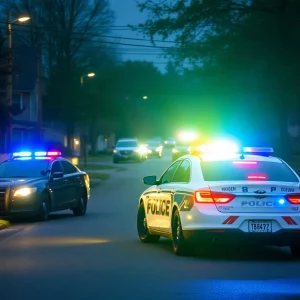Greenville County School Board Committee Discusses Book Fair Challenges
GREENVILLE, S.C. – In a recent meeting, the Greenville County School Board’s advocacy committee addressed concerns regarding the upcoming book fairs in schools. The issue stems from new state regulations that were implemented, leading to the temporary suspension of book fairs throughout the district.
Understanding the New Regulations
The changes come after state legislation was passed during the recent session of the South Carolina General Assembly. According to Chuck Saylors, the chairman of the Advocacy Committee, the new rules demand stricter guidelines on how books are chosen for schools. He explained that these regulations are designed to ensure that all literature available to students meets certain standards.
Saylors pointed out that the new rules posed a significant challenge for holding book fairs. He stated, “When vendors send titles for the book fairs, schools might not be aware of which titles might not comply with state guidelines. If a vendor sends a list of one hundred titles and twenty are sold out, the replacement titles may not have been vetted.” This creates uncertainty about whether the books sold will adhere to the regulations.
Aiming for a Solution
During the discussion, the committee expressed a strong desire to find a solution that would allow the continuation of book fairs without compromising on state guidelines. Saylors emphasized, “It’s challenging to guarantee that every book we receive complies with the state board of education’s requirements, which is why we are exploring a resolution to relieve book fairs from these strict regulations.”
Next Steps for the Advocacy Committee
The advocacy committee is planning to finalize their resolution at the next board meeting, which is set for next week. Once approved, it will be forwarded to the South Carolina Department of Education and state legislators for consideration.
In the meantime, Greenville County Schools are seeking creative alternatives to ensure that book fairs can still be held in the community without violating new regulations.













